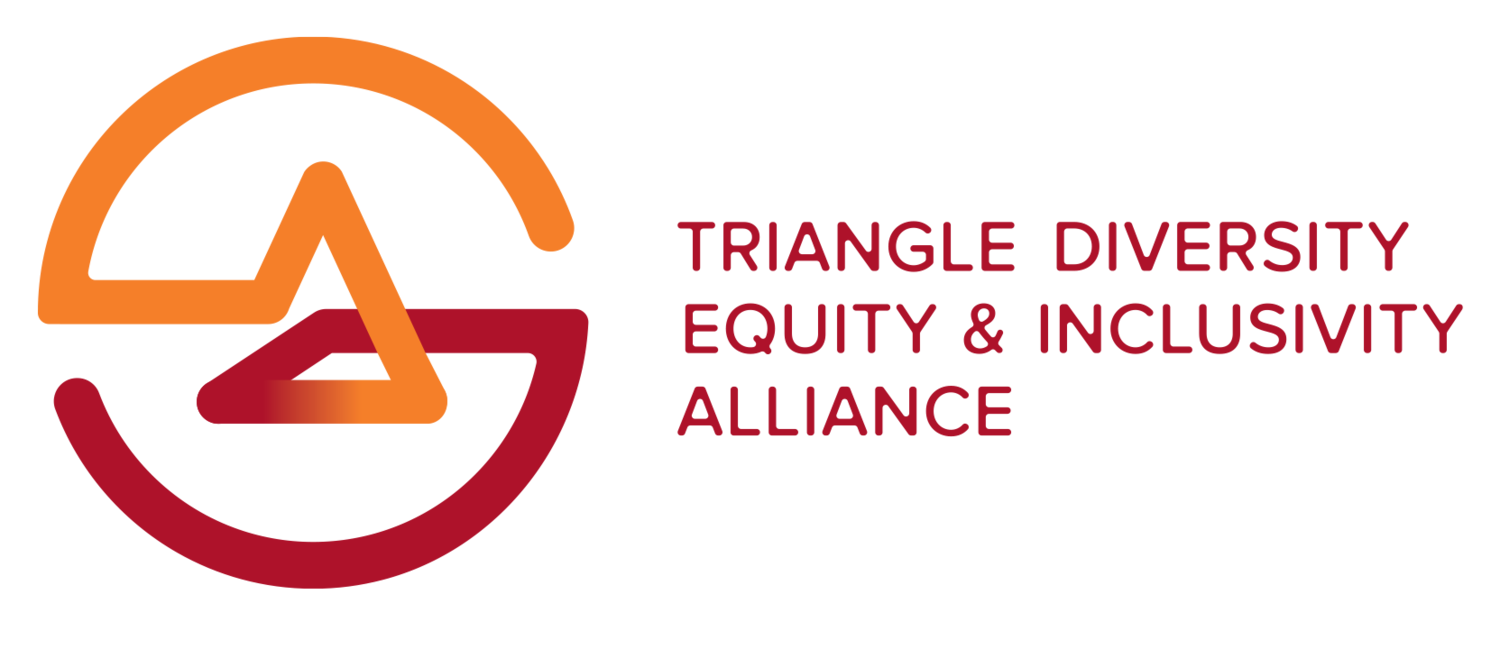The Power of PRIDE
For any underrepresented group, the power of self-affirmation can’t be overestimated. For my LGBTQ+ community, Pride month is our time to celebrate and collectively, along with our allies, to affirm our identities. It’s also a time to reflect on the progress that we have made toward increasing our visibility and advancing equality. Sometimes that progress feels immense, albeit long overdue, like in June 2015 when the US Supreme Court recognized same-sex couples marriage equality in all 50 states. And sometimes that progress feels threatened, as with North Carolina’s newest piece of proposed anti-LGBTQ+ legislation, HB755, a version of the “don’t say gay bill”, prohibiting instruction on sexual orientation or gender identity from being included in the curriculum for certain grades, which is going through the legislative process. Which begs the question, are we really making systemic change that empowers LGBTQ+ individuals to celebrate their authentic selves? And when it comes to the workplace are we really supporting our LGBTQ+ employees and making strides toward sustainability equality?
I experience this paradox almost daily. One moment I’ll feel pride in my employer, Credit Suisse, which offered inclusive benefits for same-sex partnerships even before marriage equality was legally recognized in many countries. The next moment I will clam up with anxiety to join a call with a colleague I haven’t worked with before, thinking to myself, is this going to be another coming out moment? In fact, a McKinsey study found that 10% of LGBTQ+ employees have to come out at work daily and approximately 50% at least once a week. Imagine, having to affirm your identity every single day. I feel bolstered by 7 LGBTQ+ employee networks globally and over 6,000 LGBTQ+ allies. Yet, I often feel guilty, recognizing my privilege as a white, cis man, as I’m aware of the unequal treatment and often harassment facing those identifying as trans, non-binary, or of another race or ethnicity within my community. But I am comforted knowing that I work for an employer that values inclusion and would not tolerate such discrimination or harassment.
There are steps forward. A report by the US Chamber of Commerce in partnership with the Gill Foundation found that 91% of Fortune 500 companies include sexual orientation in their nondiscrimination policies and 83% include gender identity. Beyond doing the right thing, there is a clear business case: studies show that companies that adopt inclusion policies see their stock performance increase by an average of 6.5 percentage points. In the Credit Suisse LGBT 350 report, it was found that a basket of 350 LGBTQ+ friendly companies performed better in terms of financial performance and share price performance than the MSCI AC World index for the same period. And when it comes to the ongoing war for talent, 72% of LGBTQ+ allies say they are more likely to accept a job at a company that supports LGBTQ+ equality.
But there is much more progress to be made. In more than 70 countries, discriminatory laws criminalize same-sex relationships, exposing millions of individuals to the risk of arrest, prosecution, and imprisonment – and in at least 5 countries, the death penalty. In the US there are no federal laws that explicitly protect LGBTQ+ employees from discrimination. Legal protections vary state by state and in 18 states there are no explicit prohibitions for discrimination based on sexual orientation or gender identity. While progress is being made toward more inclusive workplaces, nearly half of LGBTQ+ employees choose not to disclose their sexual orientation at work, 40% of LGBTQ+ employee say they have been bullied at work, and another 41% have left a job because of being bullied.
Still, I remain optimistic and am on the front lines at my own organization trying to impact change daily. I believe that inclusion is personal. It’s rooted in relationships. Therefore, we must make the time to get to know one another, understand what makes us different, and celebrate our unique identities. We must allow for space and time to have open and authentic conversations about identity in the workplace. We must educate our employees to recognize and confront biases, identify inequities, and become allies who seek to understand and have the courage to speak up. We must continue to strive for workplaces where everyone feels they belong, without exception, and can reach their full potential.
That sense of belonging unlocks the power of Pride. With pride, we celebrate our authentic selves and stand up for what we believe in. With pride we are better versions of ourselves, better contributors in our workplace, and better parts of our community. And despite setbacks, with pride we can continue to take monumental steps forward toward equality for all.
Written By: Matt Bliss (he/him)
D&I COO and Head of External Engagement
Join us in July as we continue this vital conversation at the 2022 Diversity, Equity & Inclusivity Conference in partnership with Bank of America.
